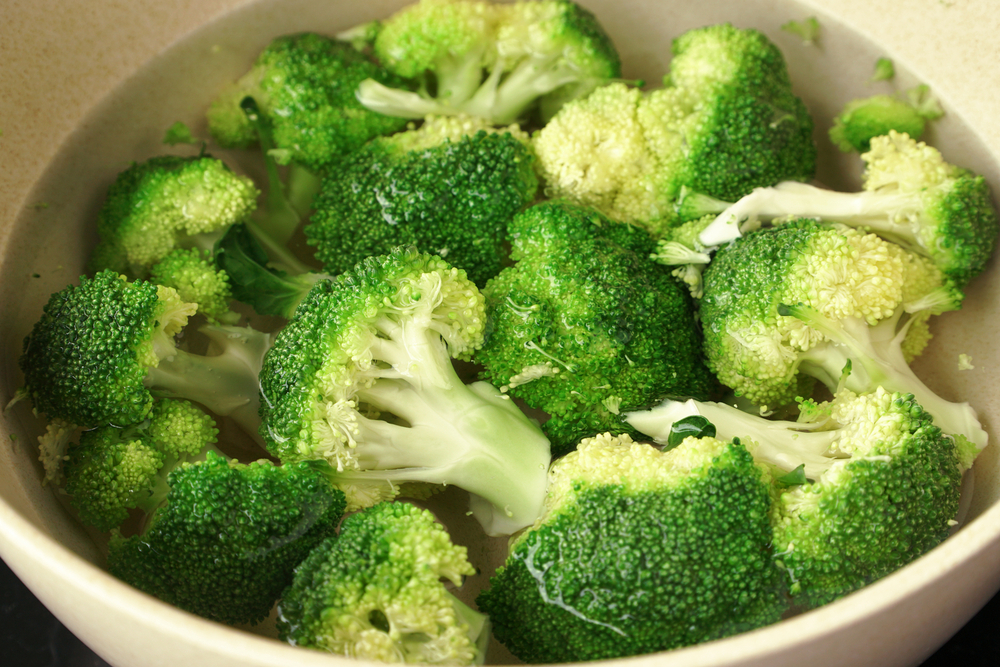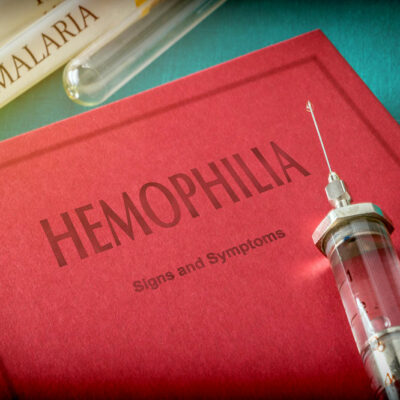
Foods That Can Help Patients Deal With Menopause
On average, in the United States, most women tend to reach full menopause, which is the cessation of the menstrual period for at least 12 months by age 51. However, the time leading up to full menopause (known as perimenopause) can vary from one woman to the next, and cause a series of symptoms such as hot flashes, anxiety, sleep disturbances, weight gain, and etc.
One of the clearest cases of menopause is aging, as this naturally causes reproductive hormones (estrogen and progesterone) to gradually decline. However, there are other causes of menopause, including surgeries (i.e., hysterectomy) as well as cancer treatments (i.e., chemotherapy and radiation), all of which may affect the function of the ovaries and hormone production. In addition to doctor-prescribed menopause treatment hormone therapy, medical research has found that one of the most effective ways of mitigating menopause symptoms includes dietary changes. Below are some of the recommended foods that women should take to help manage menopause symptoms:
1. Fatty fish
Fatty fish such as salmon, sardines, and trout are rich in both omega-3 fats and vitamin D. One of the complications relating to menopause includes osteoporosis, which is a condition that progressively weakens bones. As such, patients may be more vulnerable to fractures during menopause. Increasing intake of omega 3s and vitamin D can thus help prevent this condition and even improve bone strength. Also, increasing omega-3 fats has been known to help reduce night sweats.
2. Broccoli and cauliflower
Broccoli and cauliflower increase calcium and fiber intake, which are associated with strengthening bones and preventing weight gain. Also, one of the underlying causes of menopause includes the reduced production of estrogen hormone in the body. As such, one is susceptible to chronic conditions such as breast cancer. However, estrogen levels are significantly improved by the addition of such cruciferous veggies into the diet.
3. Yogurt
Yogurt is among the most recommended foods to include in your diet during perimenopause. Like all other dairy products, yogurt is rich in calcium, protein, and vitamin D (for strengthening the bones). In addition, yogurt contains probiotics for improved gut health that results in better immunity, glowing skin, and improved digestion to counter weight gain and bloating.
4. Spinach and kale
These leafy greens are highly recommended during perimenopause. Spinach and kale are rich in various nutrients, including magnesium, fiber, potassium, calcium, and B vitamins. Combining these nutrients helps improve mood and sleep, lower anxiety, prevent weight gain, and improve bone strength.
5. Flax and chia seeds
These seeds are a powerful duo when added to a perimenopausal diet. Both flax and chia seeds help boost fiber, phytoestrogen, B vitamins, and omega-3s. Regular intake of flax and chia seeds are recommended to help reduce hot flashes and regulate mood changes.
6. Dark berries
Dark berries of all types contain potent anti-inflammatory and antioxidant properties for women leading up to menopause. Also, blueberries, cherries, strawberries, cranberries, blackberries, and raspberries are all associated with lowering blood pressure and preventing cardiovascular complications, which happen to be the leading cause of death for menopausal women.
The stage leading up to full menopause (when the period has ceased for a period of 12-months or longer) is known as perimenopause, which may last months or even years until full menopause. There are several symptoms patients experience during perimenopause including:


